The love of Christ was the heart of my friend’s life
George Pell was not only the most important Catholic leader Australia has ever produced, he was also one of the most important cardinals from an English-speaking background.
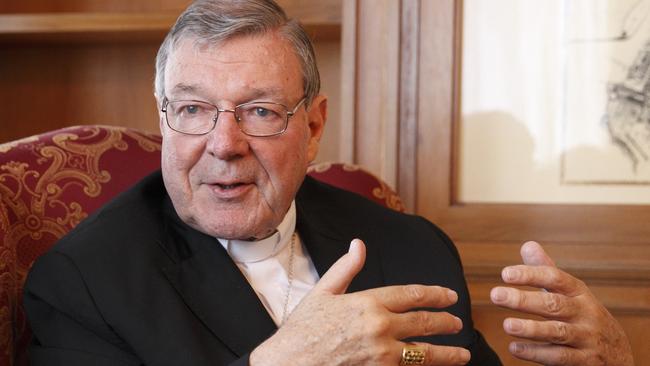
He was not only the most important Catholic leader Australia has ever produced, he was also one of the most important cardinals from an English-speaking background in the history of the Catholic Church.
After Benedict XVI was elected pope in 2005, American cardinals were emerging from their Rome accommodation when some young seminarians thanked them for electing Benedict.
It’s not us you should thank, one cardinal replied, it’s that Australian George Pell. He convinced us to get behind Benedict.
Pell is also a powerful symbol of our dystopian moment. Pell was wrongly convicted of child sexual abuse and spent more than a year in prison, most in solitary confinement.
The charges were absurd, as Justice Mark Weinberg demonstrated in his withering minority judgment in the Victorian Court of Appeal, and as the High Court showed in a crushing seven-nil verdict that Pell was innocent.
Pell was convicted because of anti-Catholic hysteria and because he was the designated conservative public villain in the culture wars. But it’s also true that the real, terrifying, shocking past failure of the church in dealing with clerical sexual abuse is the unavoidable context.
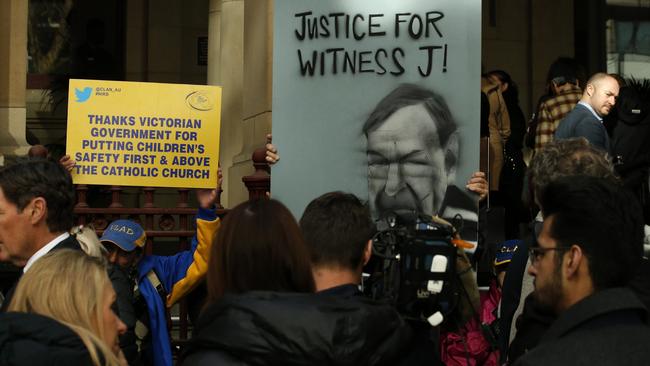
As a Catholic, I am deeply ashamed of everything to do with this business. It’s the worst thing I’ve ever known about my church. From the 1960s there seems to have been an epidemic of sexual abuse across society, not only in the Catholic and other Christian institutions but across society. This is no defence of the church, just cultural context.
In a piercing 2019 essay, then Pope Emeritus Benedict wrote: “In the 1960s a colossal event took place that, in its scale, was practically unprecedented in history. In the 20 years from 1960 to 1980, the normative standards on sexuality that had held up to that point, collapsed entirely, and a new norm-lessness arose.”
Benedict further argued that abuse could only occur when priests lost the sense of God. Those were the years many priests, like the church more widely, lost all sense of the sacred.
Nonetheless, some innocent men were also accused, among them Pell. Similarly, the Royal Commission into Institutional Responses to Child Sexual Abuse criticised Pell and claimed he knew of abuse and didn’t report it. This contradicts Pell’s testimony and is not remotely proved.
A Hate-Pell hysteria developed. As John Howard argues, Pell was imprisoned because of who he was. Pell was perhaps he first senior church leader in any Western democracy to go to jail essentially because he was an orthodox Christian with the temerity to talk back to the culture.
Despite what the courts found as to fact, the passionate Pell haters succeeded in convincing millions of Australians that Pell was guilty or, if not guilty himself of abuse, was guilty of active cover-up. In fact as soon as he got any actual power and responsibility he instituted the Melbourne Response which, though with hindsight clearly inadequate, was the most forward-leaning effort of the church at the time.
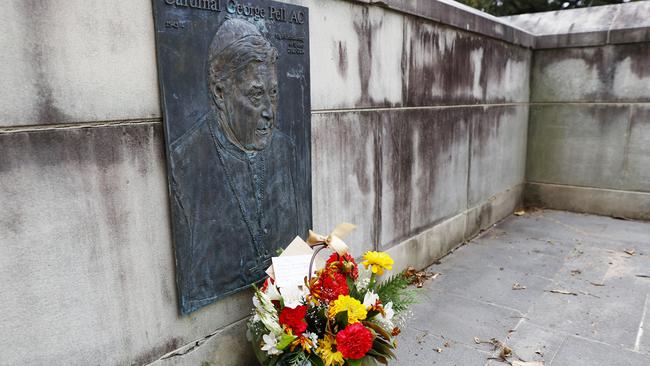
But not everyone in Australia was convinced of Pell’s guilt. Shortly before his trial began, I had dinner with Pell in an Indian restaurant at Camberwell in Melbourne’s eastern suburbs. Three times our dinner was interrupted by people coming over to our table to wish the cardinal well. Apparently they could sense a stitch-up.
Pell could not have been less like his public image. He was an exquisitely sophisticated intellectual with an earthy and Australian manner. He was drolly humorous and frequently self-deprecating. But he was also a man of vigour and passionate engagement in the faith he believed in completely, and in the world around him.
As you’d expect in a friendship involving a controversial church leader and an opinion columnist, we had our share of rich and vigorous arguments. There was something complementary in the friendship. He always wanted to talk to me about China, Asian politics and Australian leaders; I always wanted to talk to him about theology, church history, biblical translation and the prospects for Christianity.
He had a famously earthy manner. Describing to me someone whom he’d helped get the right job, he told me the fellow “was as a happy as a pig in shit”.
Once, many years ago, I rightly felt I’d been much too aggressive in an argument with him. We didn’t meet for a while. I rang and suggested lunch, to which he readily agreed. I began the lunch with a pretty fulsome apology. “Don’t give it another thought,” he laughed.

Pell is rightly seen as a theological conservative. But this is an inadequate term. He was an intellectual superstar in international Catholicism. Even the most liberal redoubts wanted to hear what he had to say. He told me not so long ago of an interview he did with a German Catholic magazine. The Catholic Church in Germany is among the most liberal in the world. It is all but in schism with the mainstream church. His interviewer was unhappy that Pell was insisting on the continuity of Christian teaching. So you’re saying to the modern person, take it or leave it, are you, his interviewer asked. No, said Pell, I’m saying come and join us in the truth.
Pell’s point, and the profound centre of his view in all Christian controversies, was that Christ’s own words in the gospels were paramount.
Christians believe that Christ is the second person in the trinity of the Godhead, that he is God himself. If they believe that, it was Pell’s view, they have no mandate to set up an authority that contradicts Christ’s own words. If they believe that the insights of secular society today are superior to Christ’s own teachings, then there is no reason to have a Christian church at all.
The modern temptation in all this is to fudge things with equivocal words and weasel formulations. That was against Pell’s nature. He was a mixture of singular courage, unbelievable energy, deep insight, clear thought and occasional great clumsiness in statements to contemporary media. He was, after all, a human being.
A further qualification of his conservatism is relevant. Pope Francis is a complex figure but also the most liberal Pope in many years. Pell was one of the, if not the most, formidable conservatives at the conclave that elected Francis, and it’s a fair bet Pell didn’t vote for Francis. The temptation for the new Pope would have been to keep Pell far away or at best give him a marginal job.
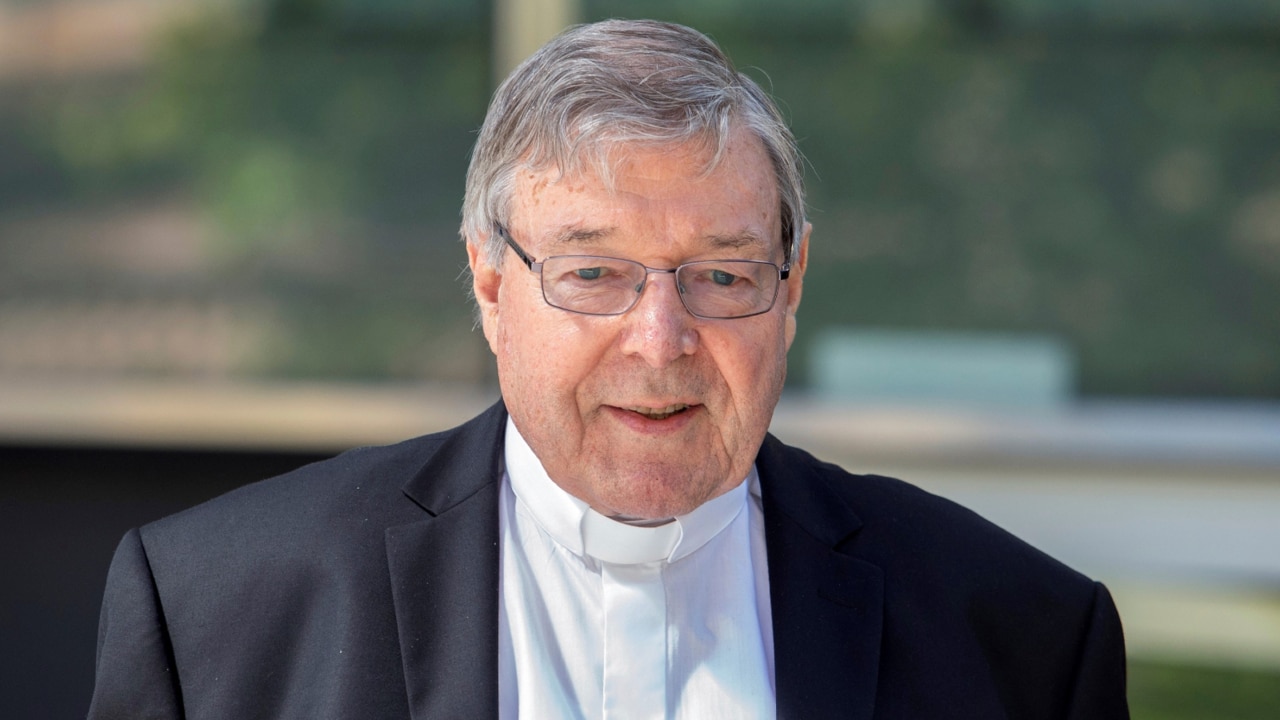
But Francis had been elected in part on a platform of rooting out financial corruption in the Vatican. Who had the brains and the guts for this job? Francis gave the most important, difficult and dangerous job he had for any cardinal to Pell. And Pell made prodigious progress in his fight against financial corruption, though he also acquired many powerful enemies. Francis never doubted Pell’s integrity or indeed his innocence. He stuck by Pell and didn’t require, or suggest, he lose his cardinalship before all the appeals processes were finished. This speaks well of Francis and it speaks well of Pell.
The cardinal’s legacy will be great. It resides in the institutions he founded and reformed, in the people he inspired and in his prison diaries, which are a spiritual classic as well as often being very funny, In them, Pell is surprisingly and frequently grateful for the consolations in his life. Pell’s prison diaries sit honourably in the tradition of Christian prison writings going back to St Paul.
I will miss phone calls and meals that typically would begin with teasing words along the lines of: “I noted with interest your wildly intemperate enthusiasm for Joe Biden’s China policy.”
Pell’s humour and irony were great fun. He once told me how to become a saint: found a religious institution that will pray for your canonisation, destroy all correspondence that is at all disobliging, collect everything flattering and keep it in a box marked: to be destroyed on my death.
This was a joke, of course. Pell reverenced the traditions of the church. But even these did not compare for him with the actual words of Christ. The love of Christ was the heart of Pell’s life. He was a good man, and I will miss him dearly.


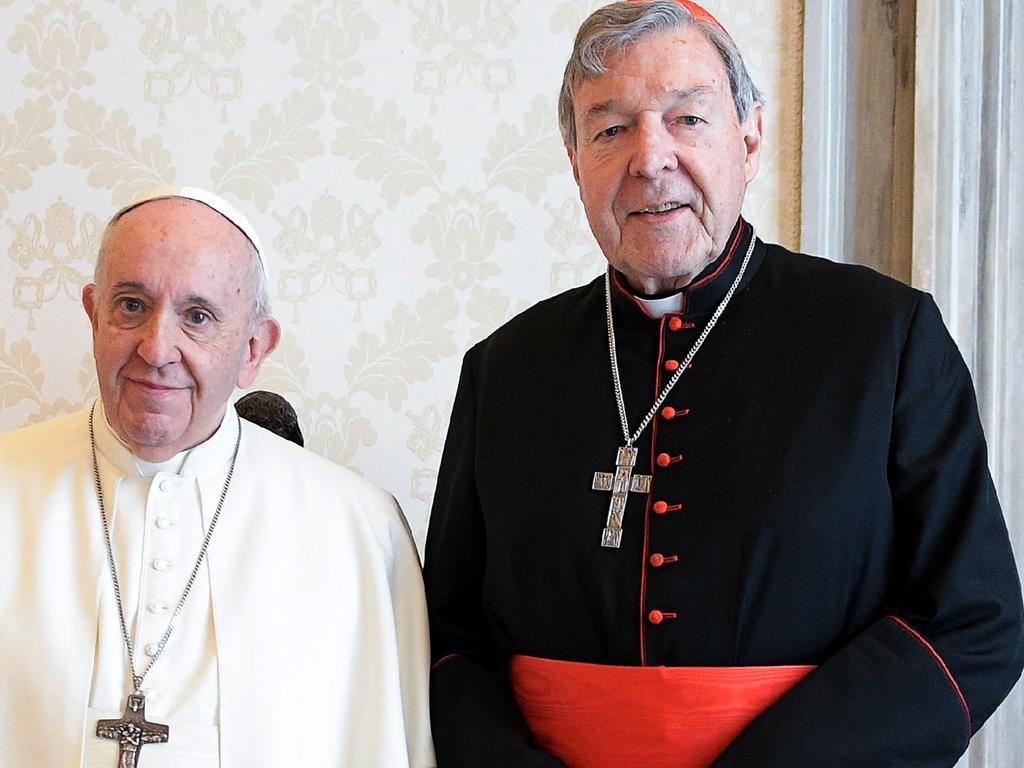
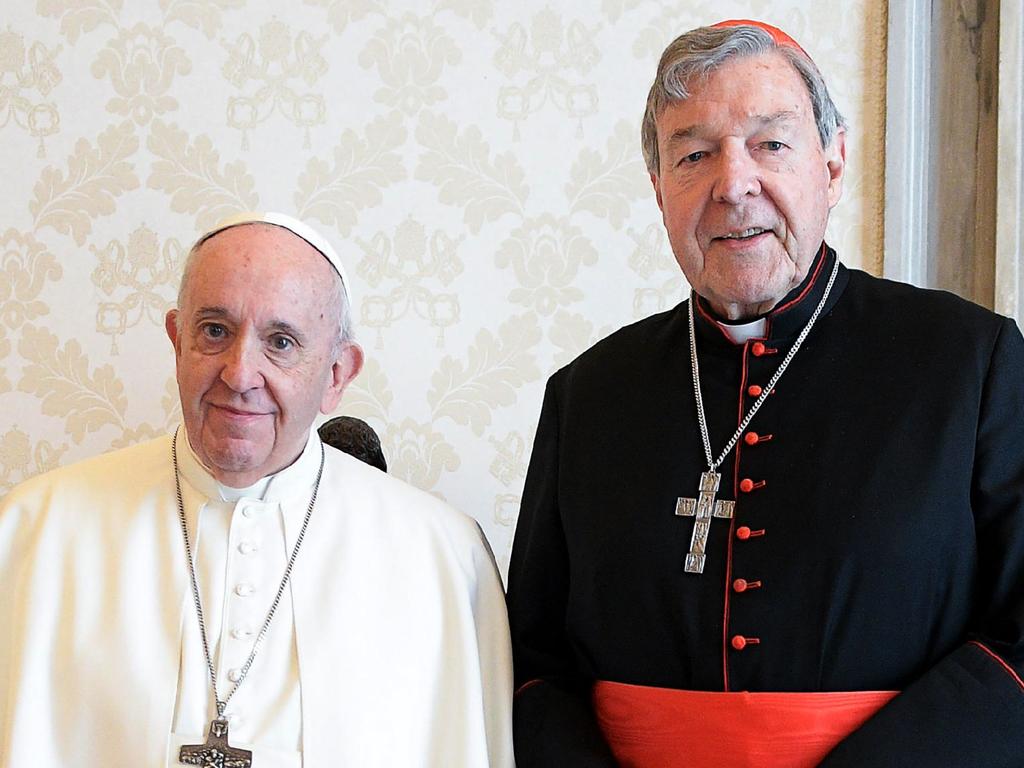




Cardinal George Pell is dead and I am immensely sad at this news, for he was my friend of some 40 years. He was an immensely good man. And I loved him.